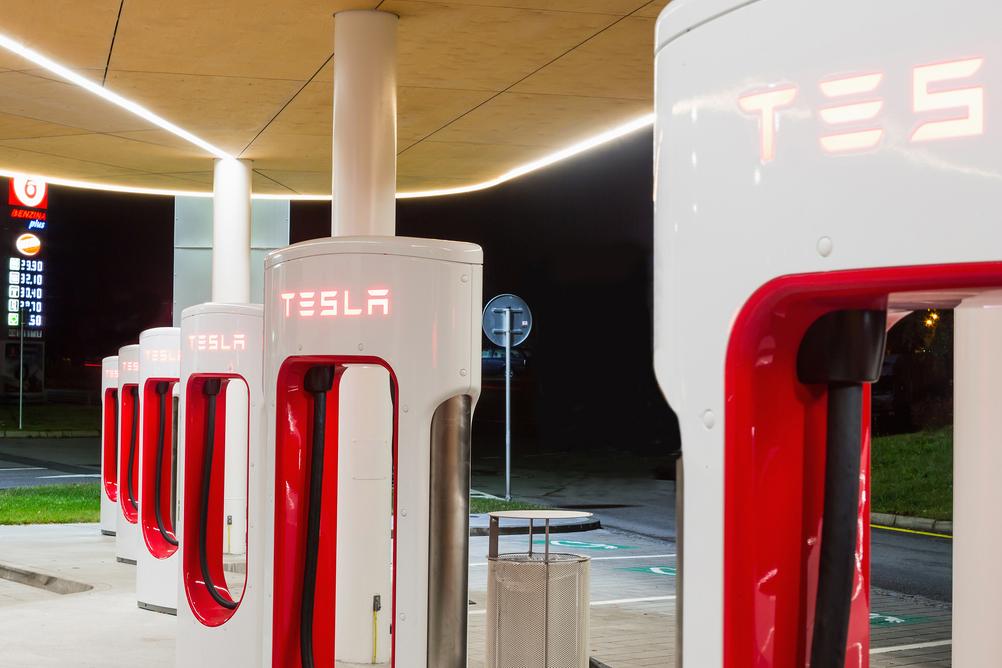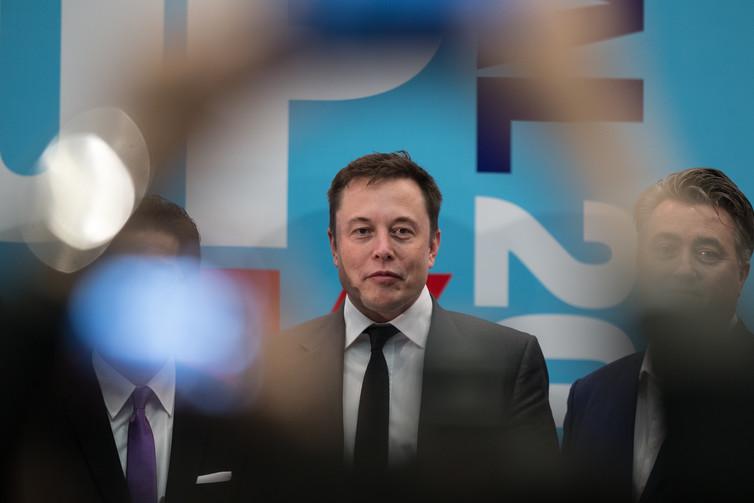How a free-for-all on patents could help build a sustainable future
Elon Musk steering Tesla to being ‘open’ on intellectual property came as a bolt from the blue to electric cars – shouldn’t other sustainable sectors be in hot pursuit?

To sustain the the population of 9.7 billion expected by 2050 the world is going to need innovations that make careful use of available resources, both human and environmental. Key industry sectors such as energy, water, agriculture and transport are already under pressure to move to more sustainable methods of production and consumption. However, there are barriers in the way.
One of these lies in how the world manages the creation and ownership of inventions and ideas. The the protectionist approach to intellectual property, designed to protect and prolong the lifecycle of existing technologies and allow innovators to capture the profits from their creations.
In a paper published with colleagues from universities in Germany and India, we examined how this also makes it harder for new and more sustainable technologies to be developed and adopted.
That explains why there are now other approaches being used to move key sectors to more sustainable systems and end this status quo.
Electric-car manufacturer Tesla has been doing just that. Chief executive Elon Musk surprised many when in 2014 he announced that the company was joining the open-source-software movement and giving away its patents for free.
It is important to understand the rationale here. Why would a company that had worked so hard to develop and protect its technology from its global car manufacturer competitors suddenly give its technology away for free?
Why Tesla did it
Tesla initially developed a patent portfolio to protect its technology. However, Tesla’s concern that it would be overwhelmed once established carmakers ramped up their production of electric cars never came to pass.

Instead, it saw the electric-car market stagnate at less than 1 per cent of total vehicle sales. So Tesla changed its strategy from trying to prevent others from building electric cars to trying to encourage them into the market.
Part of the reasoning here is that if more electric cars are built, then more battery recharging stations will be built too. This would make electric cars become more visible, and a more conventional choice. Tesla believes that an open intellectual-property strategy can strengthen rather than diminish its position by building the size of the electric car market, and as a result, its own share of the total automotive market.
This kind of careful management of intellectual property at company level, supported by policy-level awareness, can be a powerful way to support the same kinds of transitions to more sustainable technologies in other industries too.
Energy supply faces an array of difficulties: the depletion of natural resources, air pollution and greenhouse gas emissions, nuclear risks and security of supply. The water-supply sector is restricted by water scarcity, pollutants, extreme environmental events such as flooding and costs associated with supplying water to communities in poor countries and remote communities. The agri-food sector, meanwhile, is under pressure to sustainably produce more food and to address malnutrition in poor countries.

For these industries to navigate a path around these problems, new knowledge and the innovations that follow will be essential. And in knowledge economies, intellectual property can either be an enabler or an inhibitor.
Taking the medicine
If the ownership of intellectual property is fragmented in an industry, it can slow down technology innovation and uptake, such as in the electronics industry where multiple players own complementary patents. However, firms can instead open up their innovation processes and move away from jealously guarded, internal cultures, where intellectual property is used to protect and prolong lifecycles. This change may see knowledge-sharing that leads to accelerated innovation cycles and a more rapid uptake of sustainable alternatives throughout a sector: just what Tesla was hoping for in electric vehicles.

This approach to intellectual property, so-called “open” IP, is well advanced in both the software industry and healthcare. It has given access to life-saving medicines to millions of people, particularly in developing countries through patent pools, such as the Geneva-based Medicines Patent Pool. This kind of project relies on multinational pharmaceutical companies sharing their intellectual property, but small companies can also play a strategic roles in creating these new, more sustainable systems, and it’s not all about open IP.
As progress in technology is cumulative, there will always be phases of “closed” IP for small companies to build up their portfolio. This can also be a strategy designed to make a social impact. Take France-based Nutriset, which manufacturers food for famine relief. It protects both its invention, Plumpy’Nut, and its entire business model by patents. (Plumpy’Nut is a peanut-based paste for the treatment of severe malnutrition and can be administered at home rather than in a clinic. As a result it can treat more patients.)
Nutriset says that it uses patents to enable the development of local production plants for Plumpy’Nut and to protect those in emerging nations from being taken over by global manufacturing sites in more developed countries. The local production of Plumpy’Nut helps with creating skills and employment in the regions where Nutriset’s product is most needed.
An open approach to intellectual property has clear advantages in popularising and establishing new and widespread sustainable technologies, but there is a rationale in some cases for sticking to the more traditional approach. The trick now is to discover when and where different sectors and innovators deploy each strategy. The grand open IP gestures in the mould of Tesla can force through rapid structural advances; a small peanut paste supplier shows that patent protection can still help put the building blocks in place.
Frank Tietze is a lecturer in technology and innovation management at the University of Cambridge. This article was originally published on The Conversation.
Join our commenting forum
Join thought-provoking conversations, follow other Independent readers and see their replies
Comments
Bookmark popover
Removed from bookmarks